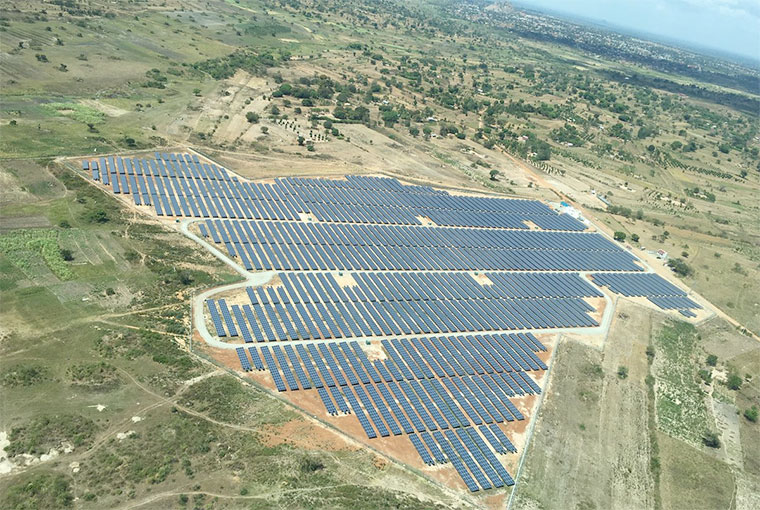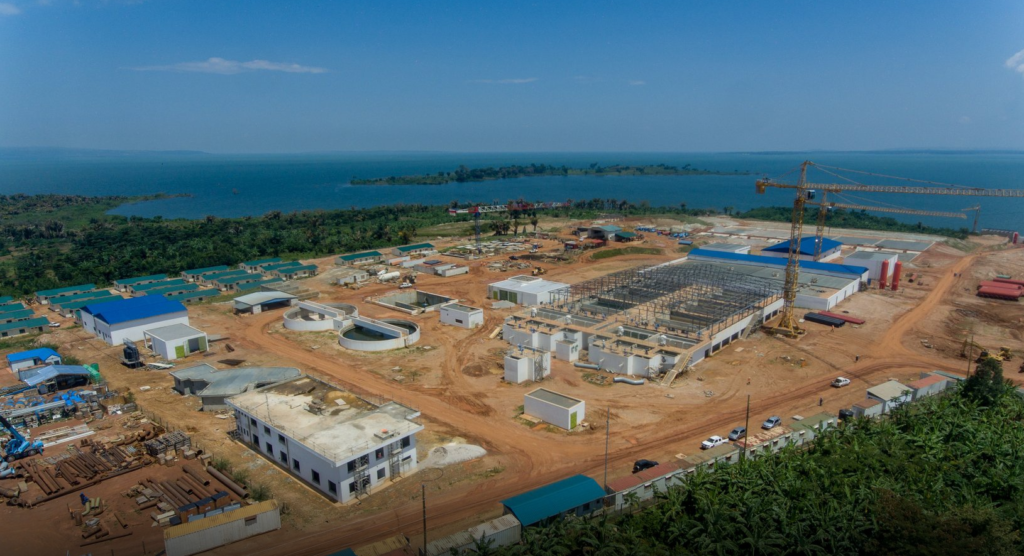Transforming Uganda’s Future: The Role of Infrastructural Development

Uganda has been experiencing significant infrastructural development in recent years investing heavily in various sectors such as transportation, energy, water and sanitation, and information and communication technology (ICT).

Some of the key infrastructure developments in Uganda include;
Uganda has been working on improving its transport network, including the construction of new roads, bridges, and railway lines. The country also invested in the expansion of the Entebbe International Airport and the construction of new regional airports.
Uganda has significant potential for hydroelectric power generation, and the government has been investing in the development of new power plants, including the Isimba and Karuma hydropower dams. There are also plans to develop other sources of renewable energy such as solar and geothermal power.

Uganda has made significant progress in improving access to clean water and sanitation facilities. The government has been working on expanding water supply systems and improving sewage and waste management.

Uganda has been investing in the development of ICT infrastructure, including the expansion of broadband networks and the establishment of ICT parks to attract investment in the sector.

The Ugandan government’s investment in infrastructure development is aimed at promoting economic growth and improving the quality of life for its citizens.







